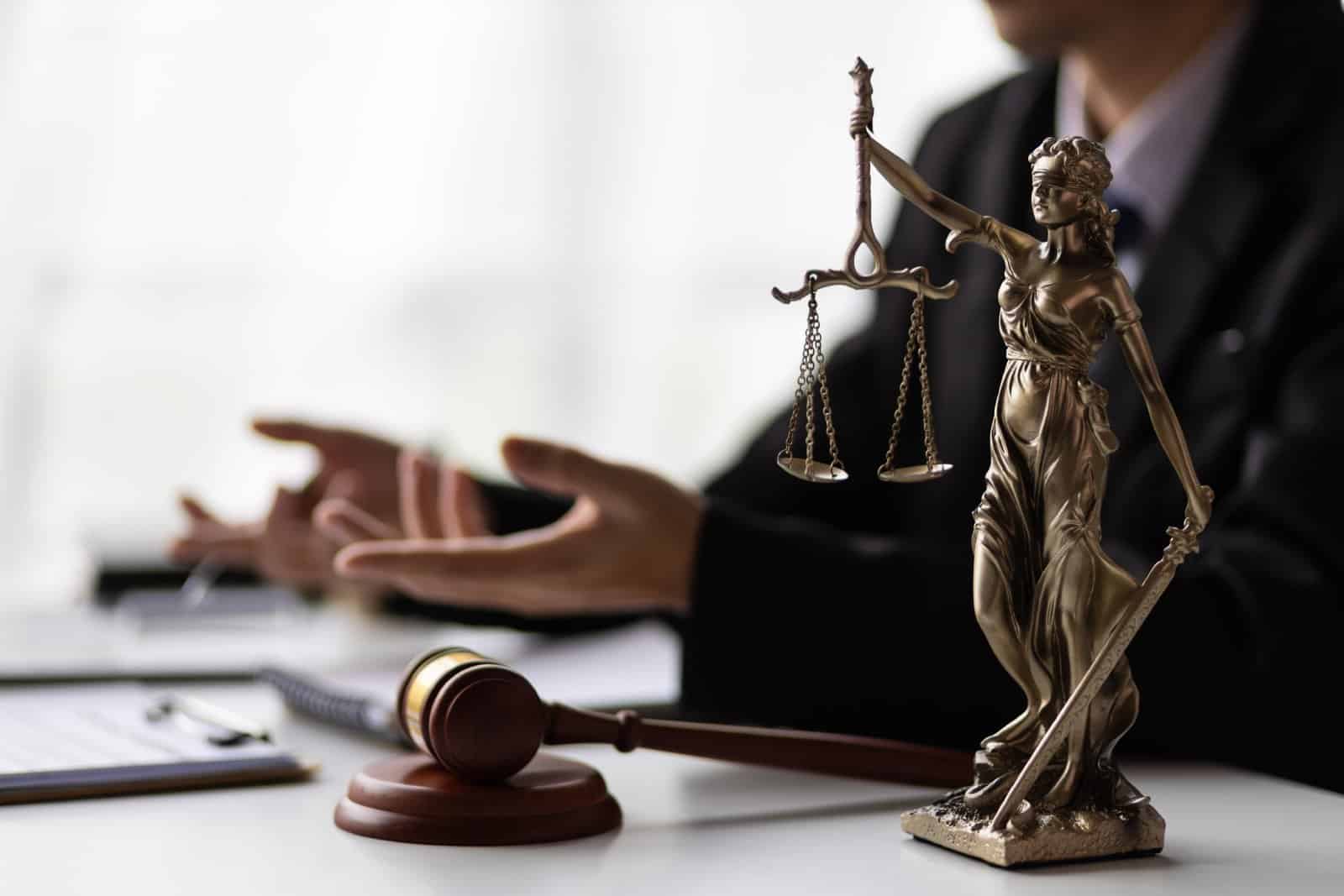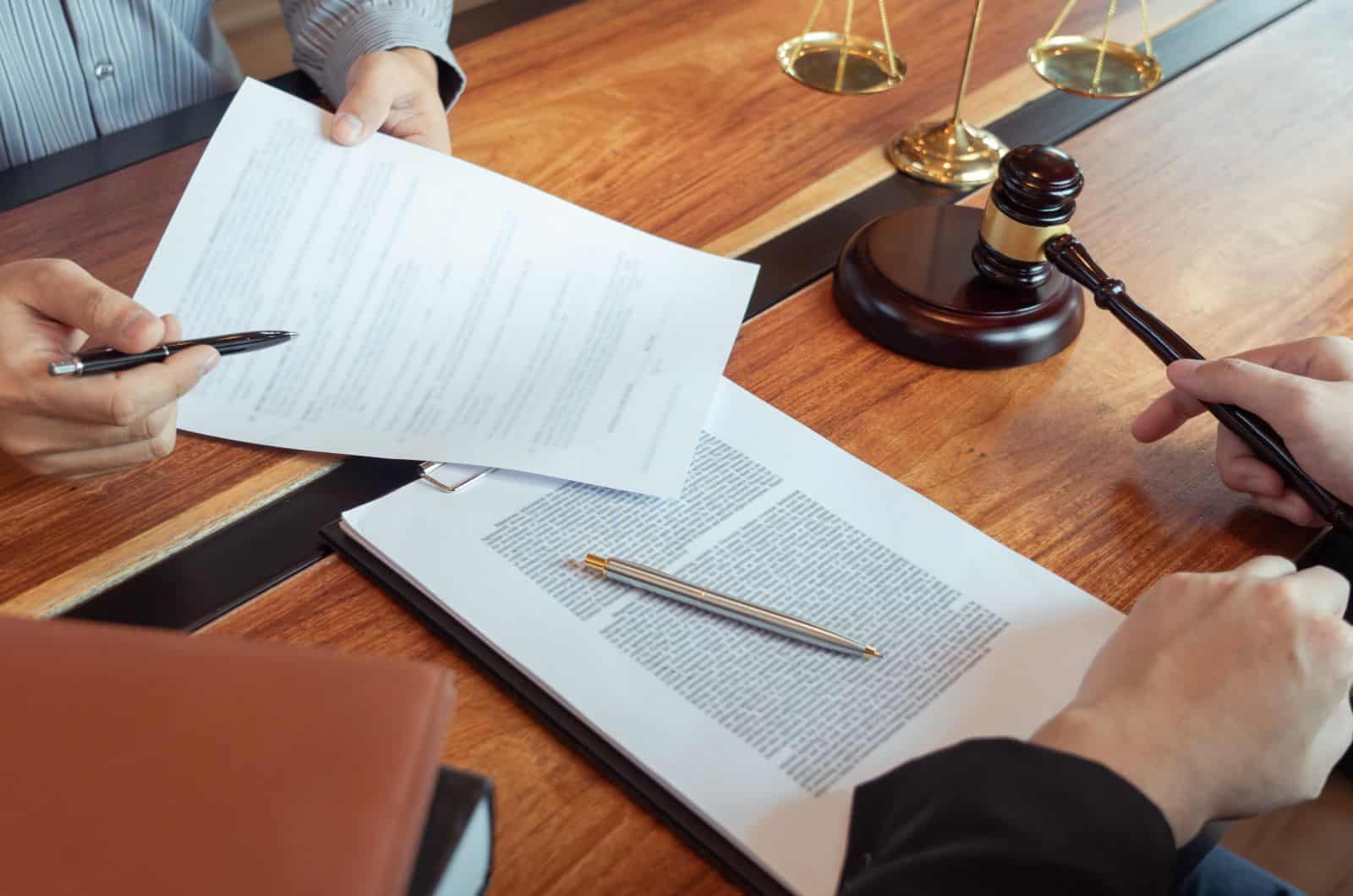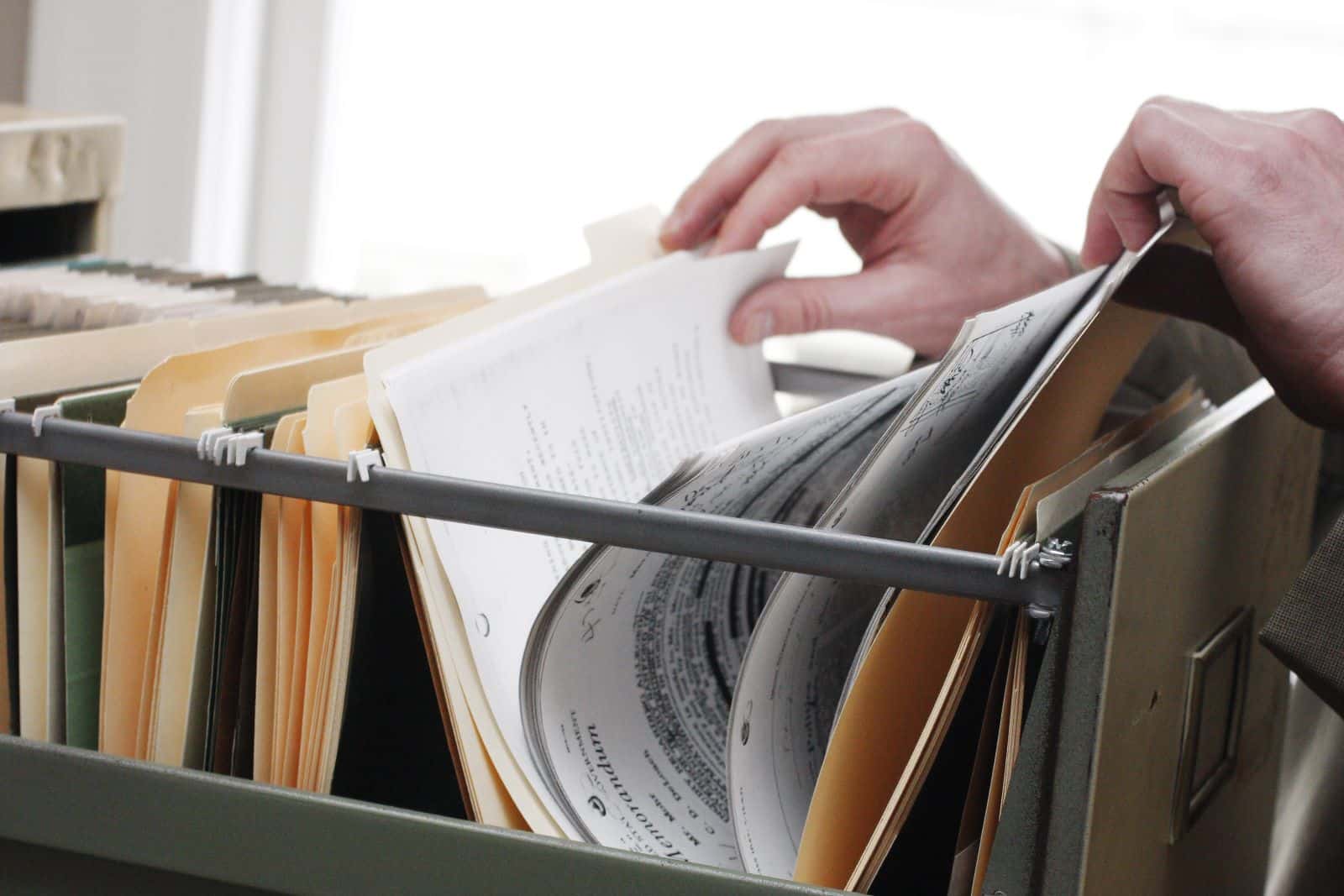Estate planning isn’t just for the wealthy—it’s a critical process for anyone wanting to safeguard their family’s future. But where do you start?
#1. Draft a Will

A will is fundamental. It dictates how your assets are distributed and can help prevent family disputes. Without one, state laws determine who gets what.
#2. Consider a Trust

A trust can manage your assets while you’re alive and continue after your death, often bypassing the lengthy and public probate process.
#3. Update Beneficiaries

Regularly update the beneficiaries on your insurance policies, retirement accounts, and other financial products. These designations often supersede instructions in a will.
#4. Establish Durable Power of Attorney

Assign someone you trust to manage your affairs if you become unable to do so. Without this, your family might need court permission to handle your affairs.
#5. Create a Living Will

A living will outlines your wishes regarding medical treatment if you can’t communicate them yourself, guiding your family and doctors.
#6. Plan for Minor Children

Name a guardian for your minor children in your will. This is crucial to ensure they’re cared for by someone you trust if the worst happens.
#7. Secure Digital Assets

Make arrangements for your digital assets, including social media accounts and digital files. Provide instructions and access to these in your estate plan.
#8. Review Insurance Needs

Life insurance can provide financial security to your beneficiaries, covering debts and ongoing living expenses.
#9. Consider Funeral Expenses

Pre-plan and potentially pre-pay for your funeral arrangements to relieve your family of the financial and planning burdens during a difficult time.
#10. Keep Documents Accessible

Store your estate planning documents in a safe but accessible place. Make sure the right people know where to find them.
#11. Discuss Your Plans

Communicate your estate planning decisions with your family to manage expectations and explain your choices.
#12. Plan for Taxes

Understand how estate taxes might affect your estate. Consider strategies to minimize taxes and maximize what you leave behind.
#13. Address Debts

Make provisions for the payment of your debts in your estate plan. This can include your mortgage, personal loans, and credit card debts.
#14. Consider Charitable Gifts

If charitable giving is important to you, include it in your estate plan. This can also provide tax benefits.
#15. Regularly Review and Update Your Plan

Life changes—births, deaths, divorce, and new assets can all affect your estate plan. Review it regularly and adjust as needed.
#16. Use Gifts to Reduce Your Estate

You can give gifts up to a certain amount annually without tax implications. This can reduce the size of your estate and the related taxes after your death.
#17. Set Up Joint Ownership

For certain assets, joint ownership can ensure that property passes directly to the co-owner without going through probate.
#18. Document Loans to Family Members

If you have loaned money to family members, clearly document these loans in your estate plan to avoid confusion and potential disputes.
#19. Protect Your Business

If you own a business, create a succession plan. This ensures a smooth transition and operation continuation without disruption.
Plan Ahead

Estate planning can seem daunting, but taking it step by step can ensure that your legacy is protected and passed on according to your wishes. Proactive planning not only secures your assets but also provides peace of mind for both you and your loved ones.
Remote No More: 19 Companies Returning to the Office

As the pandemic wanes, companies are recalling remote workers back to the office, sparking debates on fairness, costs, and convenience. However, there are also notable productivity, coworking, and mental health benefits to consider. Feeling the effects of these changes? Remote No More: 19 Companies Returning to the Office
8 Costco Must Buys and 8 to Leave Behind

Ever wandered Costco’s aisles, questioning if that giant jar of pickles is a real bargain? Or debated buying tires where you get your rotisserie chicken? Welcome to the definitive guide to Costco shopping—a journey to save money, prevent regrets, and offer quirky insights into bulk buying. 8 Costco Must Buys and 8 to Leave Behind
23 Reasons Texas Is the Next Big Thing

Texas is becoming a beacon of opportunity, blending cultural heritage with economic growth. From its landscapes to its industries, the Lone Star State offers a dynamic lifestyle. Here are 23 reasons why Texas stands out, attracting entrepreneurs, artists, tech professionals, and families seeking new beginnings. 23 Reasons Texas Is the Next Big Thing
Featured Image Credit: Shutterstock / fizkes.
The content of this article is for informational purposes only and does not constitute or replace professional financial advice.
For transparency, this content was partly developed with AI assistance and carefully curated by an experienced editor to be informative and ensure accuracy.

